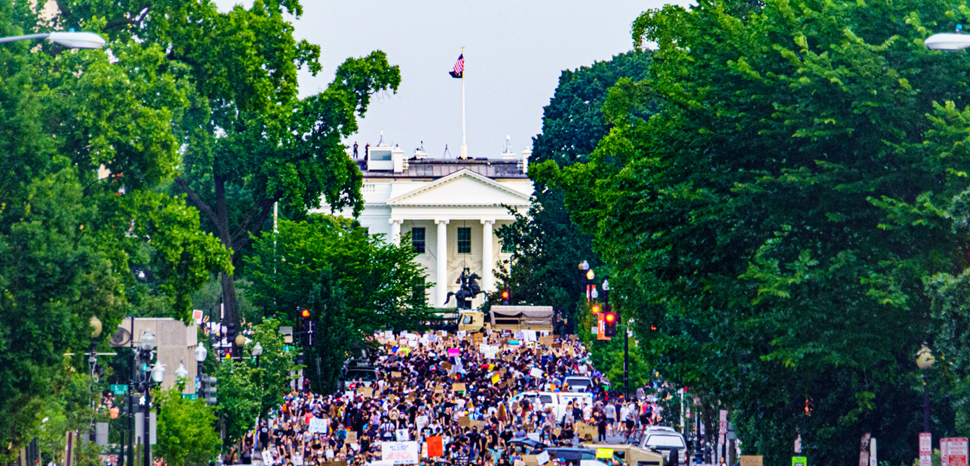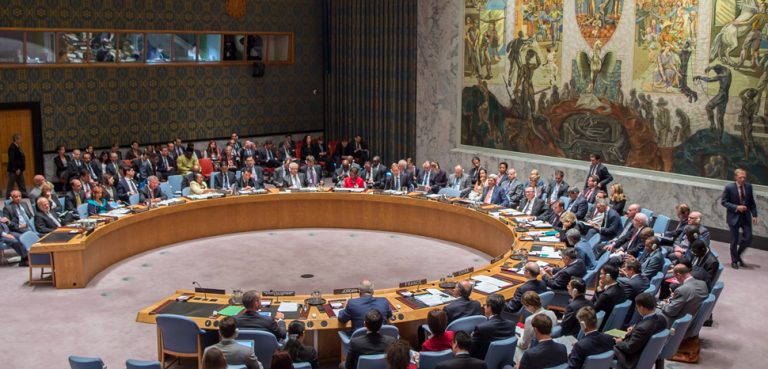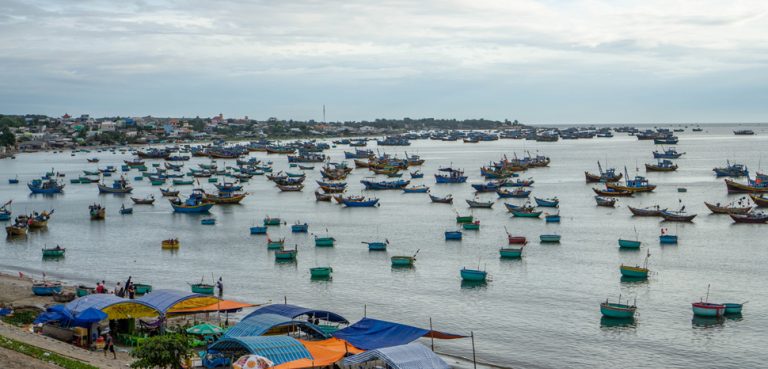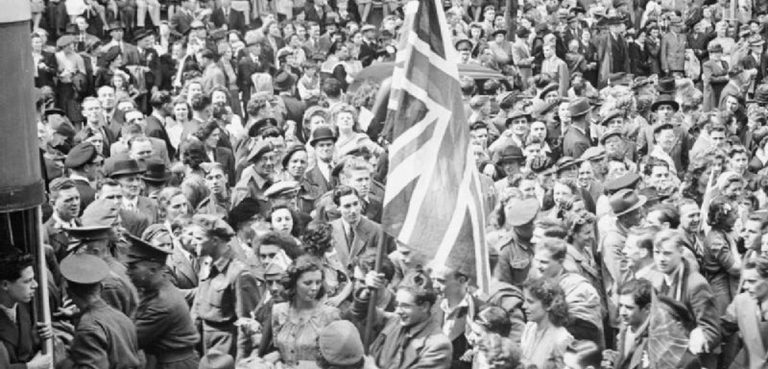So far, it is undeniable that 2020 is turning out to be a remarkably eventful year. The latest crisis broke out when several major US cities were engulfed by civil unrest. This sudden wave of socio-political discontent was triggered by an act of police brutality that was committed against George Floyd, an Africa-American citizen, in Minneapolis. After that, things rapidly escalated.
Such an occurrence is important not just because it has been repeatedly mentioned in headlines all over the world, but because there are several exceptional factors that deserve to be taken into account in order to keep things in perspective. First of all, the territorial extent of the protests is noteworthy. In fact, expressions of outrage and violent incidents spread like wildfire to cities like Atlanta, Boston, Chicago, Dallas, Denver, Detroit, Houston, Las Vegas, Los Angeles, New Orleans, New York, Phoenix, Seattle, and Washington D.C. In other words, even though the scope of this phenomenon was not nationwide, it reached the most important American urban areas.
Moreover, local law enforcement was overwhelmed by the intensity of this and, as a result, lawlessness prevailed in several cases. It must be kept in mind that – although most police forces are familiar with crowd control tactics, the use of non-lethal weapons and even special operations – counterinsurgency simply goes well beyond their field of expertise. Under such dangerous circumstances, lootings, beatings, shootings and all sorts of vandalism became commonplace, as seen in the shocking images and recordings that have baffled viewers around the globe.
As a response to increasing turmoil, the National Guard has been mobilized in a dozen US states, including California, Minnesota, Ohio, Texas and Washington. A military presence has also been temporarily established in the nation’s capital. This measure was likely implemented as a strategic deterrent and not necessarily with the purpose of engaging protestors, a move that might actually worsen the situation. Nevertheless, the prospect of direct intervention cannot be dismissed, especially if anarchy intensifies. Another telling development is that, under conditions of uncertainty, armed citizens have taken matters into their own hands. Hence, this will strengthen the influence of pro-gun political groups, as well as the sales of firearms and ammunition. Accordingly, no gun-control political initiative will succeed anytime soon.
Overall political stability on US soil has been taken for granted for decades, despite traumatic events like the assassination of JFK, the resignation of Richard Nixon, the 1992 Los Angeles riots, 9/11, and the 2008 financial crisis. For security reasons, President Trump had to be taken by the Secret Service to an underground bunker. The last time something similar happened was when President George W. Bush was escorted into a secure facility in the context of the terrorist attacks orchestrated by Al-Qaeda almost 20 years ago.
Yet the most troubling fact about this is that it has taken place in the middle of the coronavirus pandemic, which is currently ravaging several countries of the American hemisphere. Actually, by May 31, over 100,000 deaths in the US had been officially recorded. Since social distancing and other preventive measures were disregarded by many protesters, there are reasonable concerns about an accelerated contagion. However, although it is still too soon to calculate its full extent, it would be a mistake to assume there will be no substantial impact on public health.
Nevertheless, once cannot afford to overlook political realities. After all, the rules of politics dictate that crises and chaos can be seen as opportunities waiting to be harnessed. Regarding the 2020 presidential election, Trump’s rivals are raising the stakes. Predictably, they will accuse him of mismanaging the pandemic and of being dismissive of racial issues – a matter which, to say the least, is highly controversial in US politics – whereas he might react by presenting himself as a fearless statesman that was able to restore law and order. Actually, as history demonstrates, times of trouble in powerful nations often end up giving birth to the rise of Caesarism. Ultimately, both are risky gambles but, since there are incentives to fuel polarization, they could pay off.
Last but not least, this episode has international ramifications that go well beyond the demonstrations that have taken place abroad. As the world’s top center of geopolitical gravity, it is not unwise to think about the global implications of this situation. Even though it could be argued that this event is detrimental to the projection of US soft power, in the grand scheme of things it certainly does not compromise the position of the US as the greatest power in any meaningful way. It does however reflect that there are deep cracks running through the foundation of American society, a factor that one day could be exploited by Washington’s strategic competitors through covert action. Therefore, both analysts and policymakers in places like Beijing, Moscow, and Tehran are certainly taking notes.
The views expressed in this article are those of the authors alone and do not necessarily reflect those of Geopoliticalmonitor.com or any institutions with which the authors are associated.




